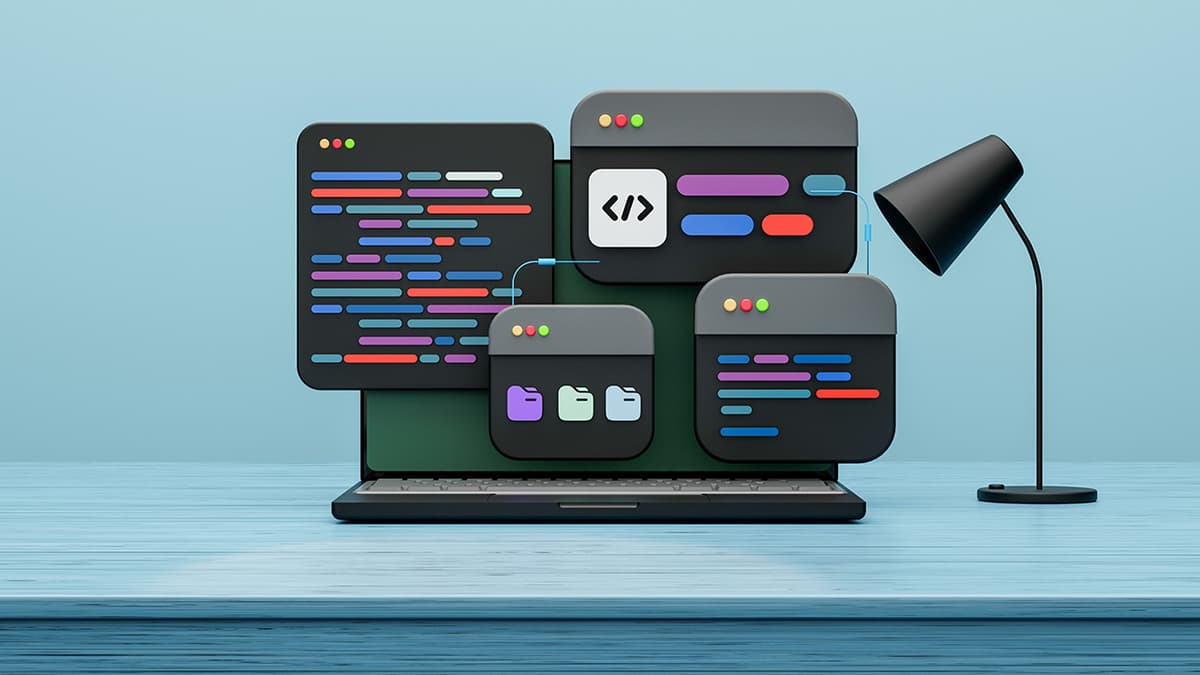Live Chat Answering Service vs Email: Which is the Best Choice for Your Business?
Effective communication with customers is crucial for running a successful business. Two common options are live chat answering services and email. Each method has its strengths and weaknesses. Choosing the right one can enhance customer satisfaction and impact your business positively.
Live Chat Answering Service: Instantaneous and Personalized Support
What are the benefits of using a live chat answering service?
-
Immediate Assistance: Customers can engage in real-time conversations with representatives. This speed can significantly enhance customer satisfaction and conversion rates.
-
Personal Touch: Live chat enables real-time interaction, allowing customers to ask questions and receive instant responses. This builds trust and reliability.
-
Quick Issue Resolution: Representatives can address customer concerns quickly, guiding them through complex processes or resolving technical issues in real-time, reducing frustration.
Despite these advantages, live chat services require dedicated resources. Maintaining prompt responses can be challenging if your business has limited staff or operating hours. Additionally, some customers may prefer using email, which leads to the next section.
Email: Asynchronous Communication and Detailed Documentation
Why choose email as a communication method?
-
Asynchronous Communication: Customers can send messages at their convenience and receive responses when your team is available, which is beneficial for businesses with limited resources or those operating in different time zones.
-
Detailed Responses: Email allows customers to express their concerns in a structured manner. This enables your team to provide accurate and comprehensive solutions, reducing misunderstandings.
-
Documentation: Email organizes conversations, making it easy to refer back to previous interactions. This is useful for resolving recurring issues or maintaining records. Customers can also send attachments for any necessary information.
On the downside, email does not provide instantaneous responses. Customers may experience delays that can be frustrating, especially during urgent situations. The lack of real-time interaction may also lead to a less personal customer experience and can affect satisfaction levels.
The Verdict: Finding the Right Balance
Which option is best for your business?
Both live chat answering services and email have their pros and cons. The optimal choice depends on several factors, including your product or service nature, available resources, and customer preferences.
-
Live Chat: If your business benefits from immediate support, a live chat answering service may be ideal. Ensure you have enough resources to maintain a responsive service.
-
Email: If you prefer asynchronous communication and need to document interactions, email might be a better choice. Make sure you can respond promptly while offering detailed answers.
Finding the right balance between live chat and email can enhance customer satisfaction and support business growth. Assess your unique needs and customer preferences to make the best choice for your business.












